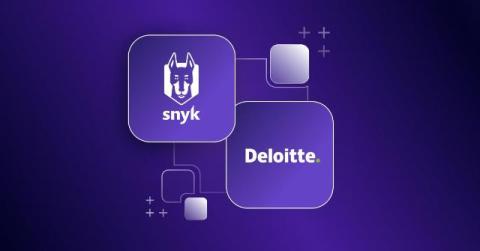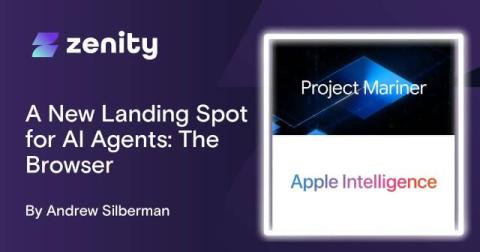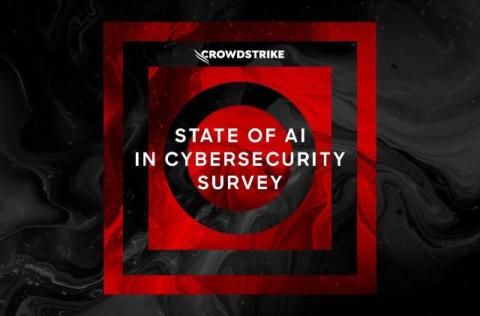Strengthen LLMs with Sysdig Secure
The term LLMjacking refers to attackers using stolen cloud credentials to gain unauthorized access to cloud-based large language models (LLMs), such as OpenAI’s GPT or Anthropic Claude. This blog shows how to strengthen LLMs with Sysdig. The attack works by criminals exploiting stolen credentials or cloud misconfigurations to gain access to expensive artificial intelligence (AI) models in the cloud. Once they gain access, they can run costly AI models at the victim’s expense.











